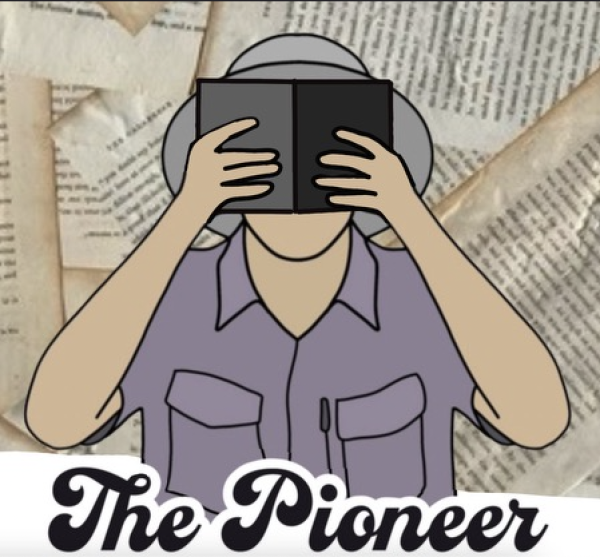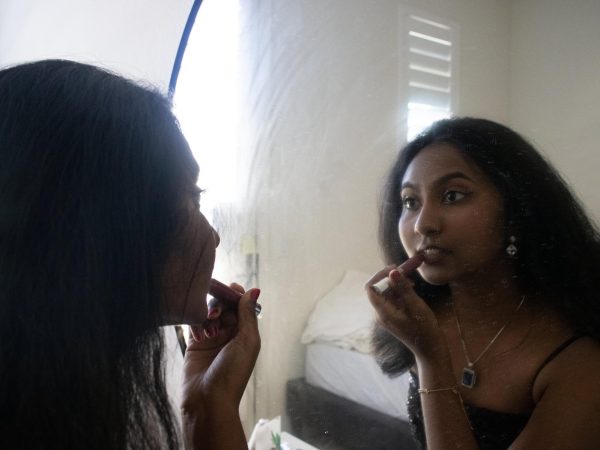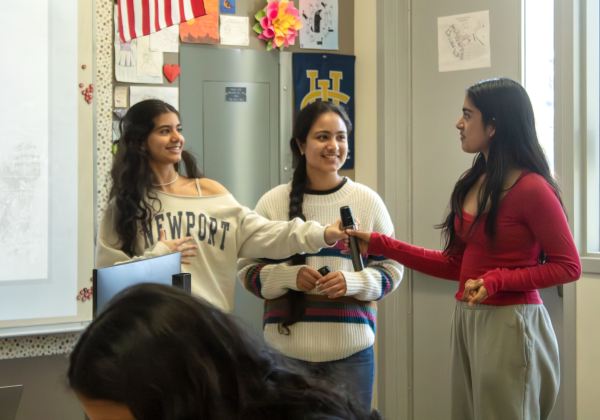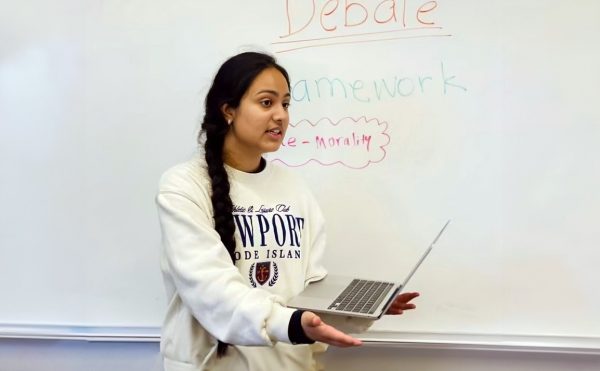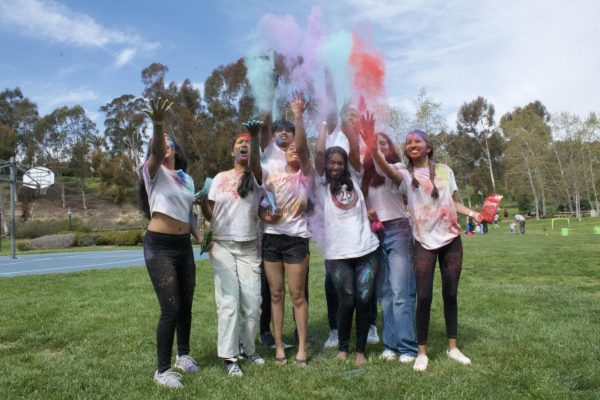Eid al-Fitr: Food and Festivities Break a Month of Fasting
It is nearing sunset, and the smell of vegetable samosas fills the air. Family and friends gather around outdoor tables wishing each other “Eid Mubarak” while children patiently sit in the grass comparing their Eidi gifts, waiting for their parents to announce that it is time to eat.
For approximately 2 billion Muslims across the world, Eid al-Fitr, an Arabic phrase that translates to the festival of breaking the fast, is celebrated in the early months of spring according to history.com. It is a day that signifies the end of Ramadan, the ninth month of the Islamic calendar, and a time to cleanse the spirit and mind.
There’s a lot of patience, and then it’s also a lot of appreciation because when your body misses something and then it finally receives it, it’s kind of like this sweeter moment
— Redah Jessani
The festival often relies on communal aspects, including a morning prayer called Eid Namaz. This prayer is followed by gatherings later in the day where people enjoy large meals of popular foods like biryani and seekh kebab. However, such activities were made difficult to both host and participate in as COVID-19 safety measures were established.
“With COVID, obviously, there’s not as many big gatherings, and you have to be more careful,” junior Redah Jessani said. “In a way, it’s kind of nicer because it allows you to kind of have more time for yourself and for your family instead of being so worried about going to all these big parties. It makes the experience a little bit more intimate, but it’s definitely different than what you’re used to.”
Junior Safah Faraz is a friend of Jessani’s who also celebrates Eid al-Fitr. In addition to the various Eid traditions like dressing up in special clothes, spending quality time with family and eating a variety of foods, Faraz said that the holiday also promotes values such as sacrifice, empathy and discipline.
“Ramadan is a time where you’re supposed to be more spiritually connected with God and be more introspective and thinking about the change you want to make in the world and how you want to make that change and become a better person,” Faraz said. “But I feel like also another part of religion, part of Islam, is having a strong community and being a good member of community. That’s what Eid is to me.”
Beyond heightened spiritual upliftment, Jessani noted the physical act of fasting during Ramadan helps evoke sympathy toward those who are experiencing the same struggles, making ordinary habits like eating and drinking more meaningful.
“There’s a lot of patience, and then it’s also a lot of appreciation because when your body misses something and then it finally receives it, it’s kind of like this sweeter moment,” Jessani said. “You learn to appreciate water a lot more. You learn to appreciate just the smallest food even more. So I think those are some values that are really important.”
Your donation will support the student journalists of Portola High School. Your contribution will allow us to purchase equipment and cover our annual website hosting costs.
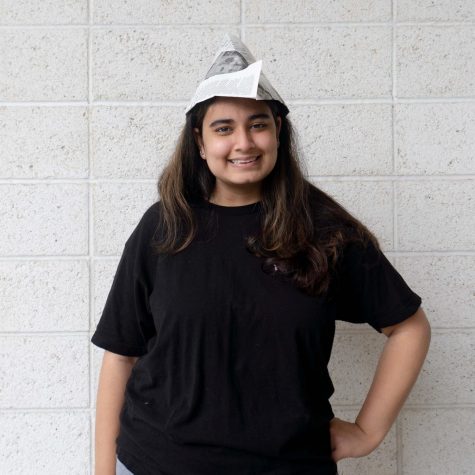
Zara Shirwany is a staff writer for her second year on the Pilot. She is excited to learn and share about everyone on campus, and can't wait to get started...

Naila Talib is one of the Portola Pilot’s staff writers, and is so excited to be joining the crew for the first time! She is extremely grateful to be...



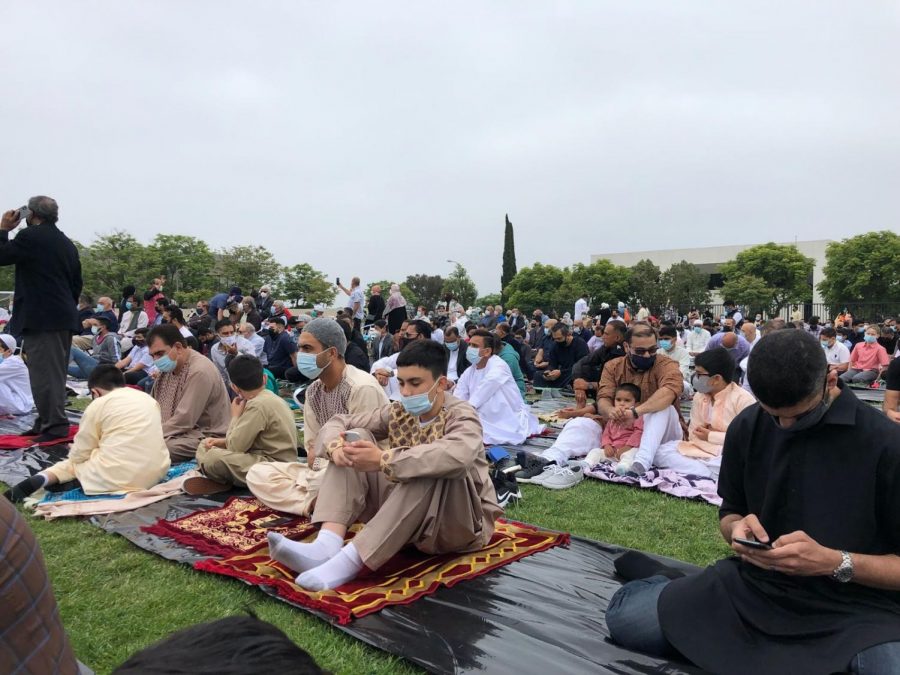
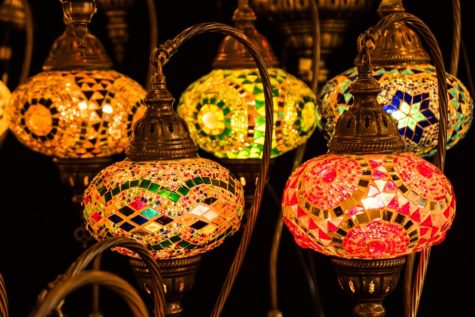
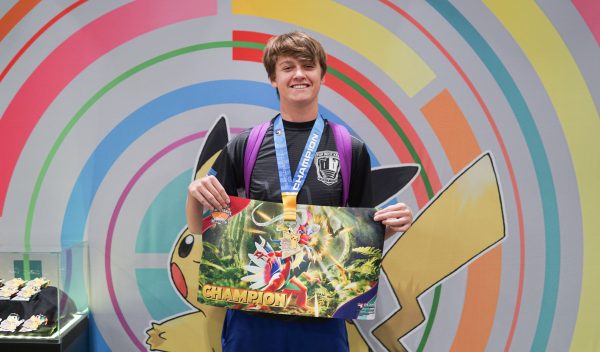
![Mares demonstrates his lettering while patrolling the campus. “[Calligraphy] wasn’t like baseball or football,” Mares said. “I just liked it. It’s kind of just one of those things that you can relax with.”](https://portolapilot.com/wp-content/uploads/2024/06/George-Caligraphy-600x450.jpg)
